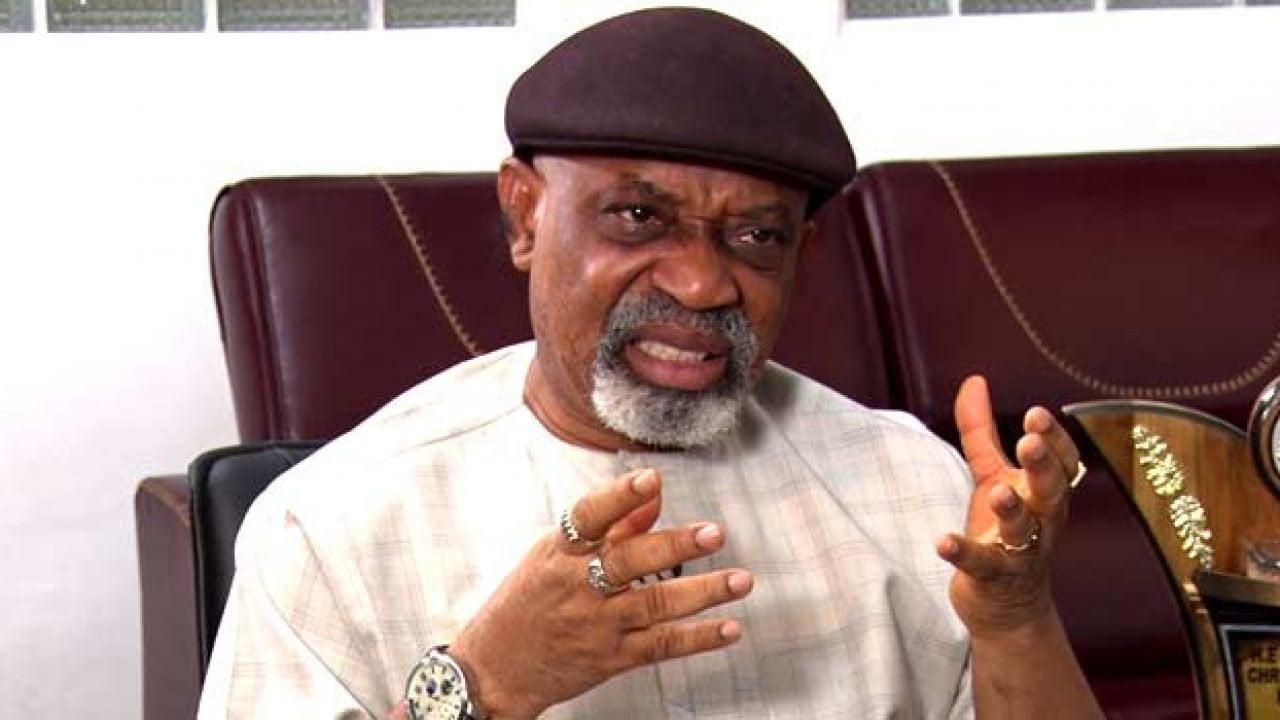The Federal Government has indicated that members of the Academic Staff Union of Universities, ASUU, may also forfeit their eight months of pension benefits for the time the strike lasted, so the controversy roiling the Nigerian university system may not be over just yet.
Chris Ngige, the minister of labor and employment, made this statement in Abuja following a private meeting with President Muhammadu Buhari at the presidential villa.
Ngige, who referred to 2022 as a year of strikes, stated that because of the “no work, no pay” policy put in place while their strike was in effect, members of ASUU invited the fate that would befall them.
Recall that the apex university union terminated its eight-month strike but did not receive its full month’s salary as a result, leading to an argument between ASUU and the federal government.
Ngige bemoaned the situation, saying that in contrast to the private sector, which was generally quiet throughout the year, the government had to deal with labor issues from numerous unions in the public sector.
The minister of labor also suggested that financial issues were a hindrance to government, but he also mentioned that preparations are in the works to support academic staff’ salaries.
The minister declared: “ASUU has stopped commenting on their salary because one of the issues, whether a worker should be paid while on strike in violation of Section 43 of the Trade Dispute Act, which states that when you go on strike, the consequences are these, was referred to the National Industrial Court for decision.
First of all, if you choose not to work to help your employer keep the business or industry afloat, you will not be paid or otherwise reimbursed. You shouldn’t receive the cash, and no one should compensate you. There it is in Section 43. (1). The second prong of Section 43 states that the time you spent on a strike will not be included in your service-related pensionable period.
Government hasn’t interfered with that component, but the strike set off the no-work, no-pay clause. So, we are requesting that the court look into it. As a result, neither the executive branch, which includes us, nor the judicial branch can do anything about the situation. ASUU has also presented a defense in court, telling the judge that although they went on strike, they did so for a reason. Therefore, it is now up to the court to consider it.
Commenting on his mission to the presidential villa, Ngige said, he was there to brief Mr President on the labour sector for 2022.
“It’s a year we can call a year of industrial dispute starting from the February Academic Staff Union of the Universities (ASUU) strike which was joined by other sister unions in the university system and even the people in the research institutes and thereafter pressed from various unions, including the Medical Doctors Association and the youth wing of the National Association of Resident Doctors.
“JOHESU which is the Joint Health Sector Union were all asking for a wage increase, and asking for a wage increase can also be understandable because of what inflation had done to the economy and the attendance cost of living for people who have to be workers in the public sector.
“In the private sector, the private sector employers have managed their affairs better, maybe, because their finances and its management is within their very audit and they could control it, they could do collective bargaining very easily with their workers. The banking sector, food and beverages, and finance, insurance, everywhere; there is calm there. We didn’t have the desired calmness on the government’s side because of the government’s finances, “Ngige told State House correspondents.
